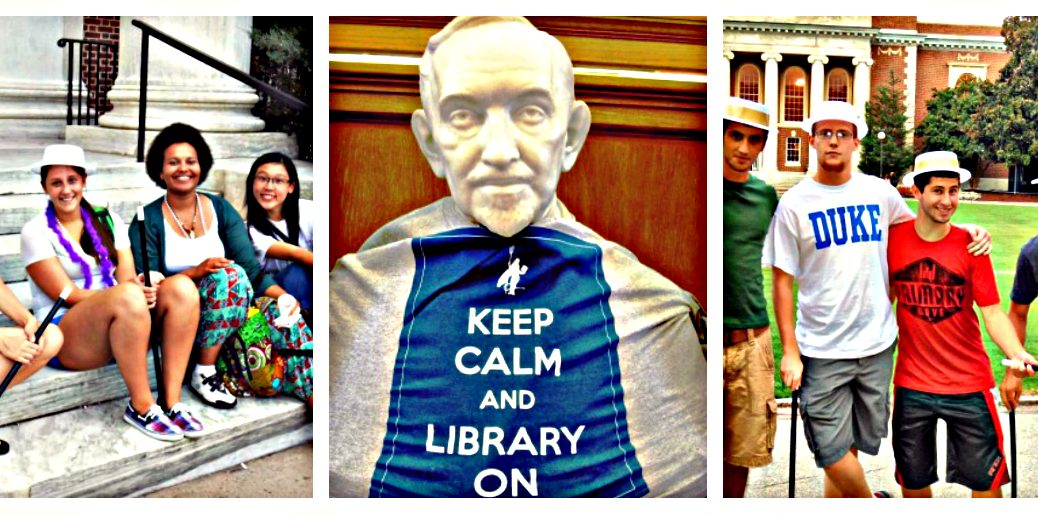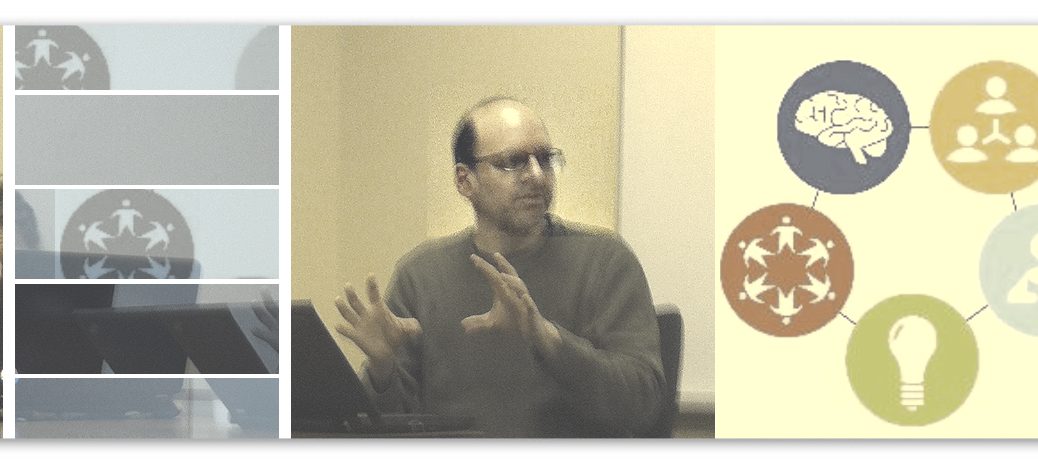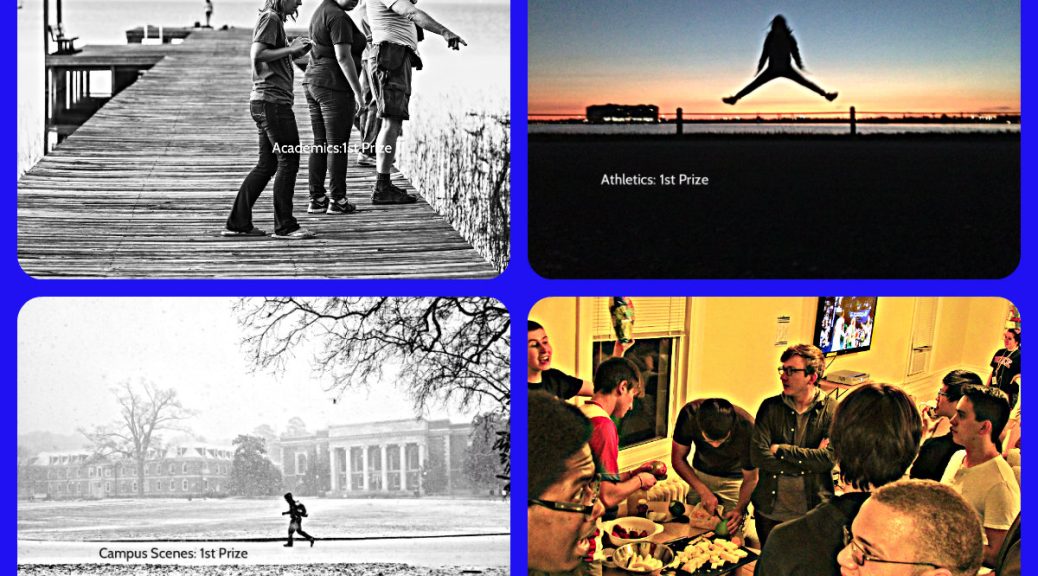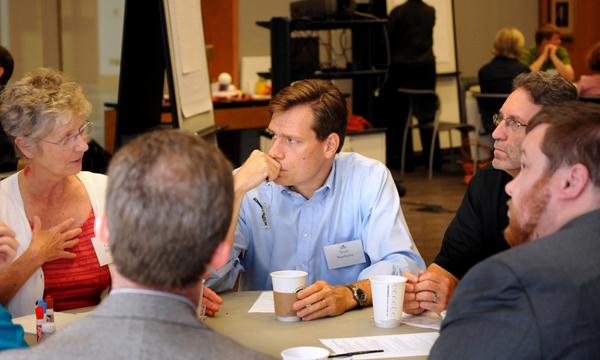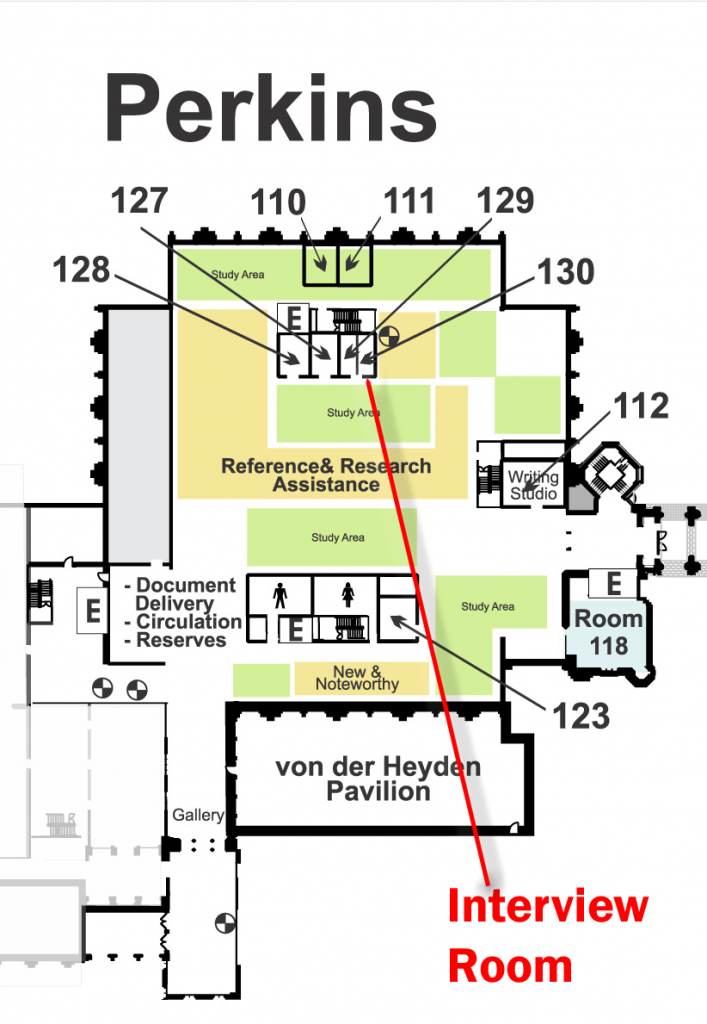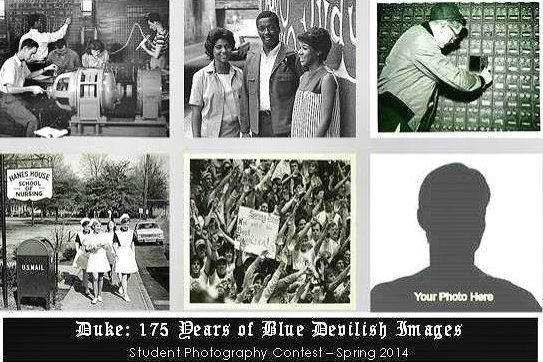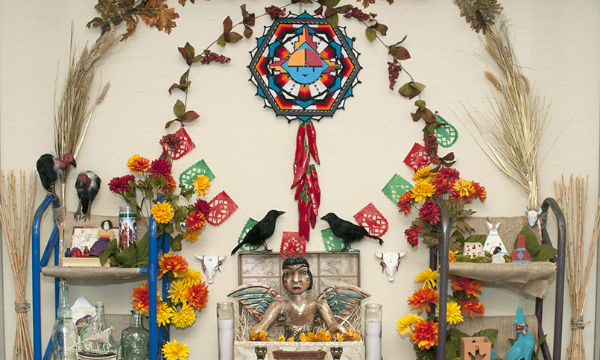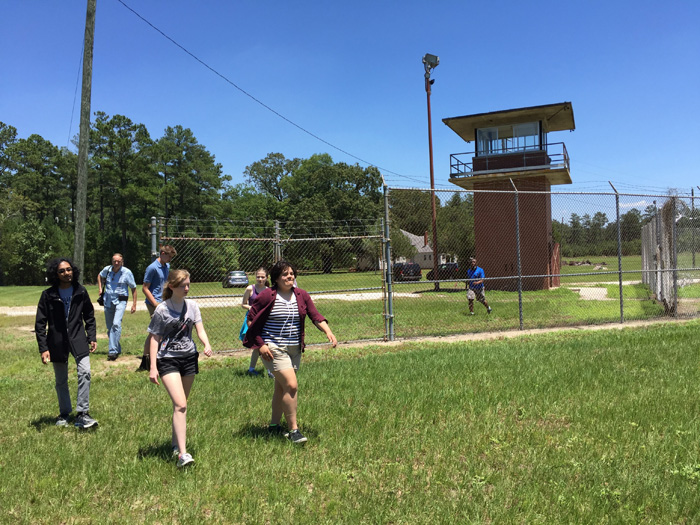
The Duke University Libraries have received a $52,647 grant from the State Farm Youth Advisory Board to help transform an abandoned prison into a sustainable farm and education center through the magic of virtual reality.
“It’s not easy to visualize how an abandoned and unused prison can be repurposed to help a struggling community,” said David Stein, Duke PepsiCo Education Technology Partnership Coordinator and principal investigator for the project. “We are ‘shackled’ by our preconceived notions of what prisons can be.”
The prison in question is an actual former correctional facility in rural Wagram, in one of the poorest counties in North Carolina with one of the state’s highest unemployment rates. The idea to “flip” the abandoned site into a sustainable farm is the mission of GrowingChange, a North Carolina nonprofit led by a team of formerly incarcerated youth.
GrowingChange gives young people in the criminal justice system job training and life skills through farming and service learning. Their goal is to create as a national model for reusing closed prisons.
Eight high school students in the Game Art & Design concentration at the Durham School of the Arts, working under veteran teacher Robert Bourgeois, will work with youth participants in GrowingChange to design a virtual reality version of the flipped prison, in order to help people visualize the site’s untapped potential. Jail cells will be transformed into aquaponics tanks, guard towers into climbing walls, the galley into a certified community kitchen, and the old “hot box” will become a recording studio.
In recent years, virtual reality technology has been rapidly transforming industries from journalism to documentary filmmaking by providing audiences 360-degree sensory experiences that are hard to forget. The grant will support the development and design of the virtual reality program, which GrowingChange can use to better communicate its vision.
Training and technical support in virtual reality content production will be provided throughout the project by the Virtual Reality Learning Experience (VRLE), an educational outreach and advocacy arm of Durham’s Lucid Dream, a virtual reality production studio based in the American Underground technology incubator. “This is exactly the sort of transformational story that cannot be sufficiently conveyed using traditional mediums like video and web,” said Mike McArdle, co-founder at Lucid Dream/VRLE. “This project is perfectly suited for the sort of immersive and visceral experience that VR enables.”

According to GrowingChange director Noran Sanford, “Just as our youth leaders have re-visualized their life, virtual reality allows them to share a new vision for Scotland, Hoke and Robeson Counties, home of North Carolina’s highest unemployment, poverty, and violent crime rates and the worst health outcomes. Classrooms, state leaders, and supporters touring a traveling museum exhibit will be able to walk along the top of the front guard tower and see the future vision of it becoming a climbing wall and repelling station. Through this process, our community will be able to re-visualize how youth from tough circumstances can become the leaders to help us change our grim statistics.”
The grant will be administered through the PepsiCo K-12 Technology Mentor Program, a partnership between the Duke University Libraries and Duke’s Office of Durham and Regional Affairs. The program, endowed by a grant from PepsiCo, encourages the use of educational technology in Durham Public Schools.
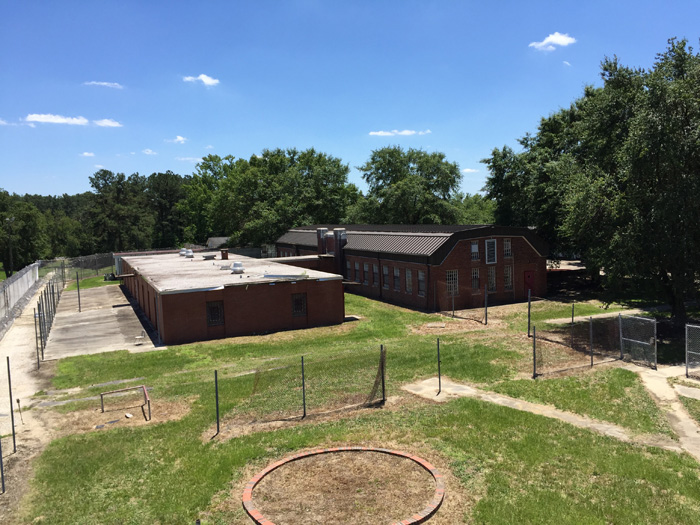
The grant is one of 63 service-learning, youth-led projects across the United States to receive funding this year by the State Farm Youth Advisory Board. Since its inception in 2006, the State Farm Youth Advisory Board has granted over $40 million, impacting over 21.5 million students.
“State Farm supports service-learning because it integrates service to the community into classroom curriculum using a hands-on approach to mastering subject material while fostering civic responsibility,” said Kim Conyers, Community Specialist for North Carolina. “The State Farm Youth Advisory Board is a prime example of State Farm’s commitment to education, our community and our youth.”
Media Contacts:
- State Farm: Michal Brower, media spokesperson for North Carolina, 863-318-3088
- Duke University Libraries: Aaron Welborn, director of communications, 919-660-5816
- GrowingChange: Noran Sanford, 910-280-4150
- Durham School of the Arts: Robert Bourgeois, 919-560-3926, ext. 23489
- Lucid Dream VR / VRLE: Joshua Setzer, 919-454-9075
- Duke PepsiCo Education Technology Coordinator: David Stein, 919-812-5873


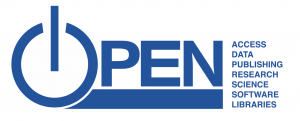

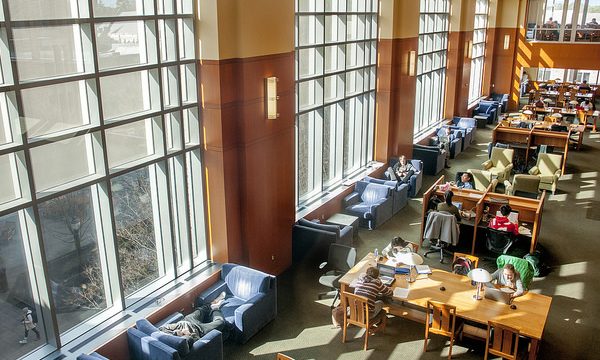




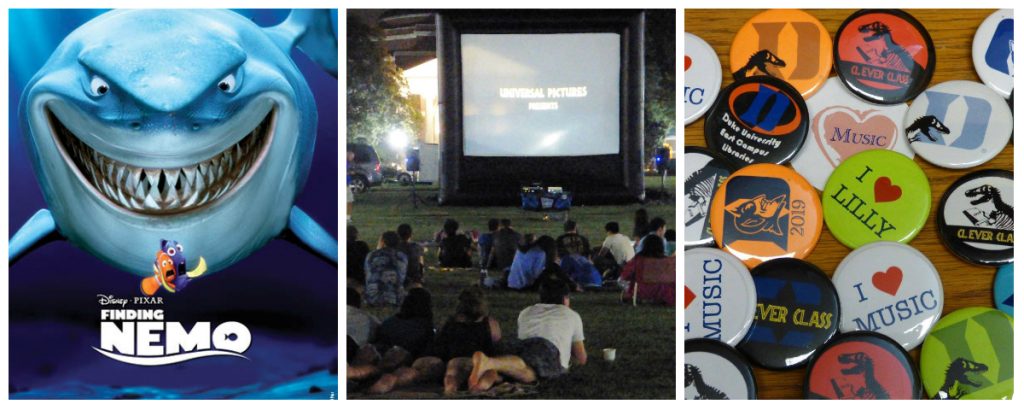
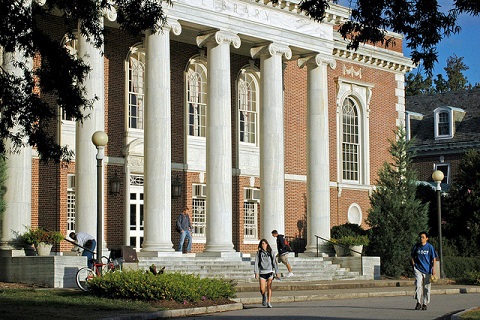
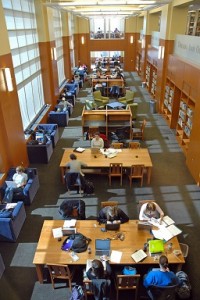

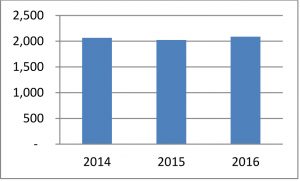
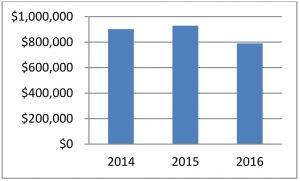


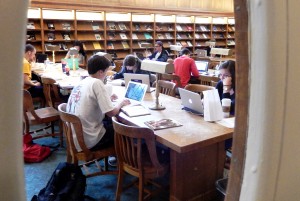
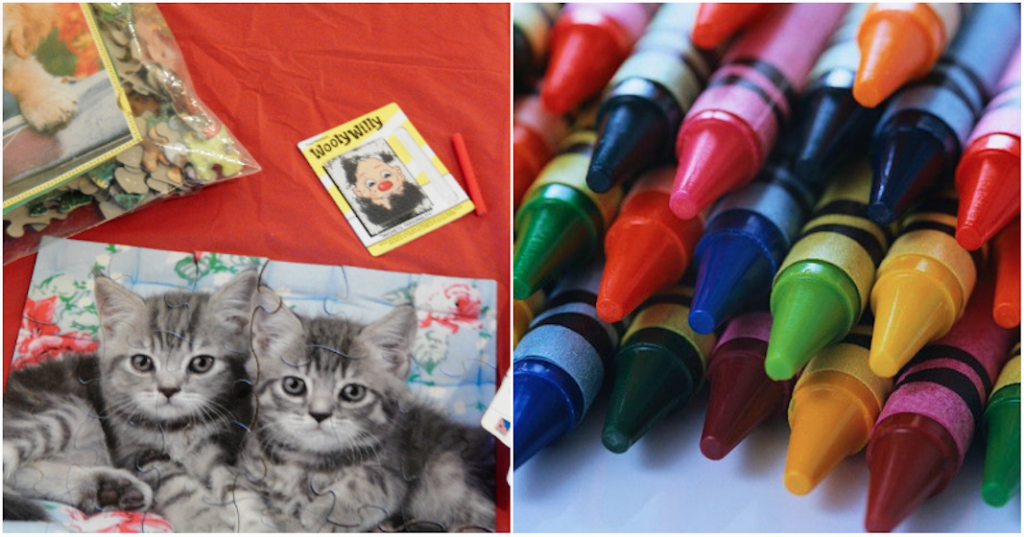


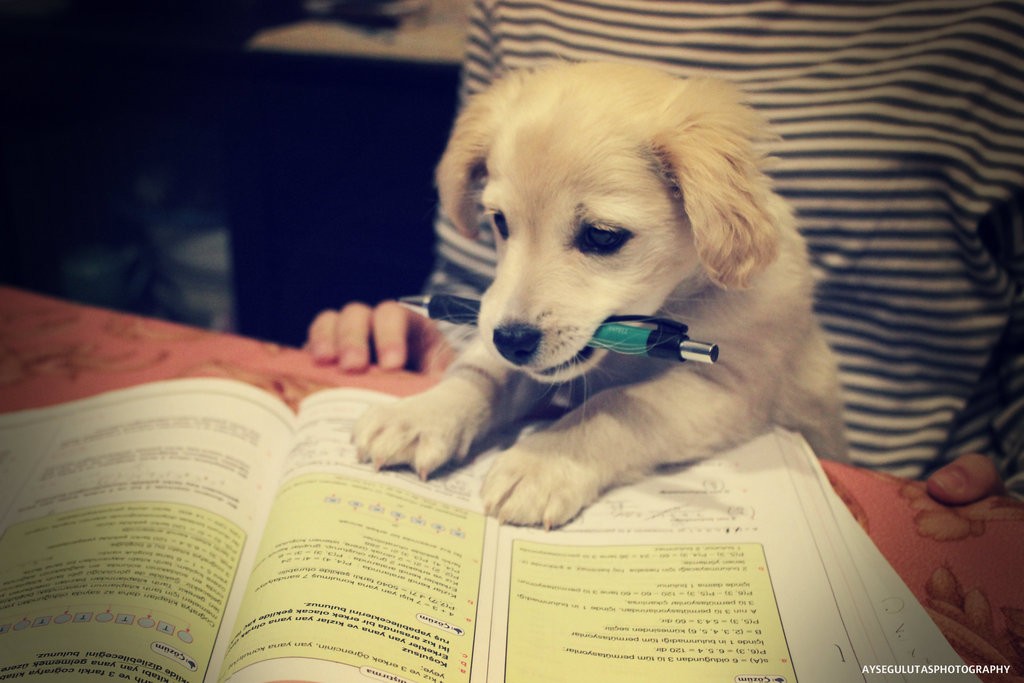





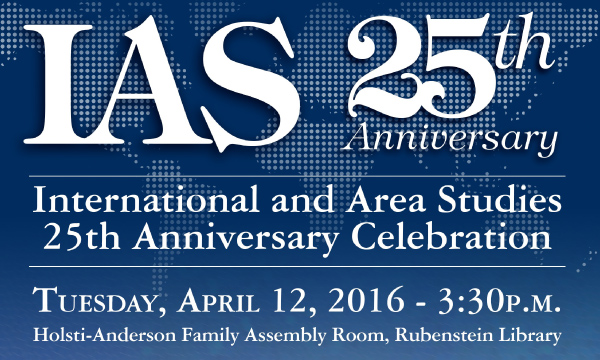
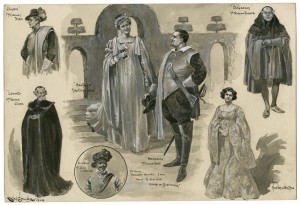

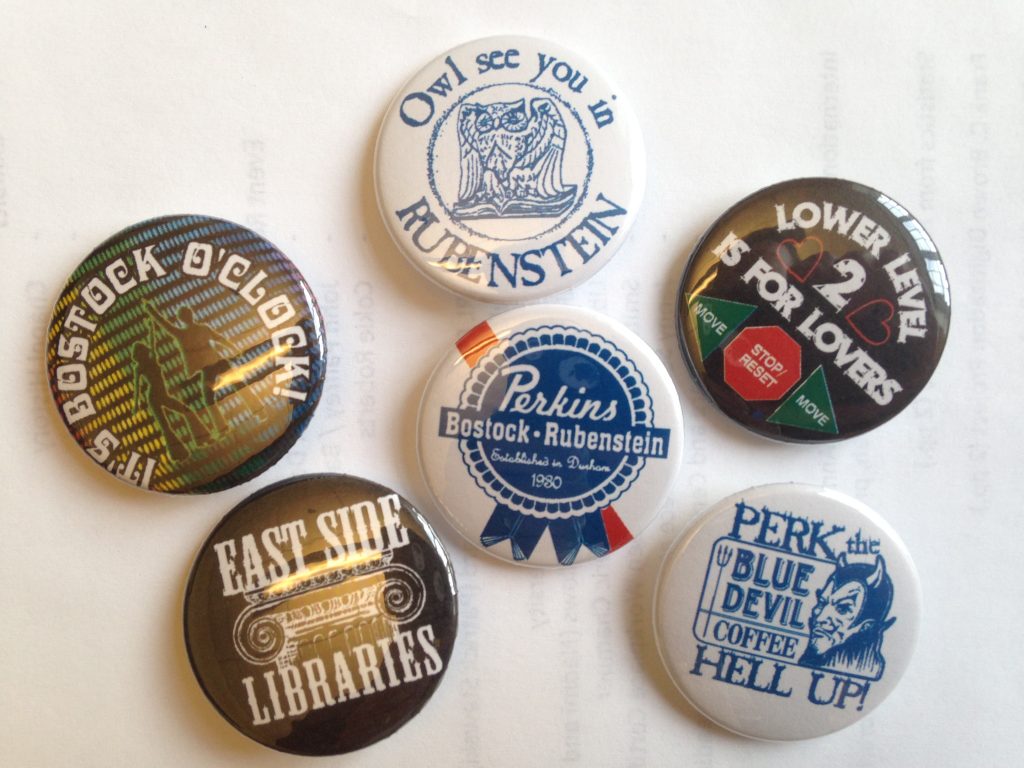
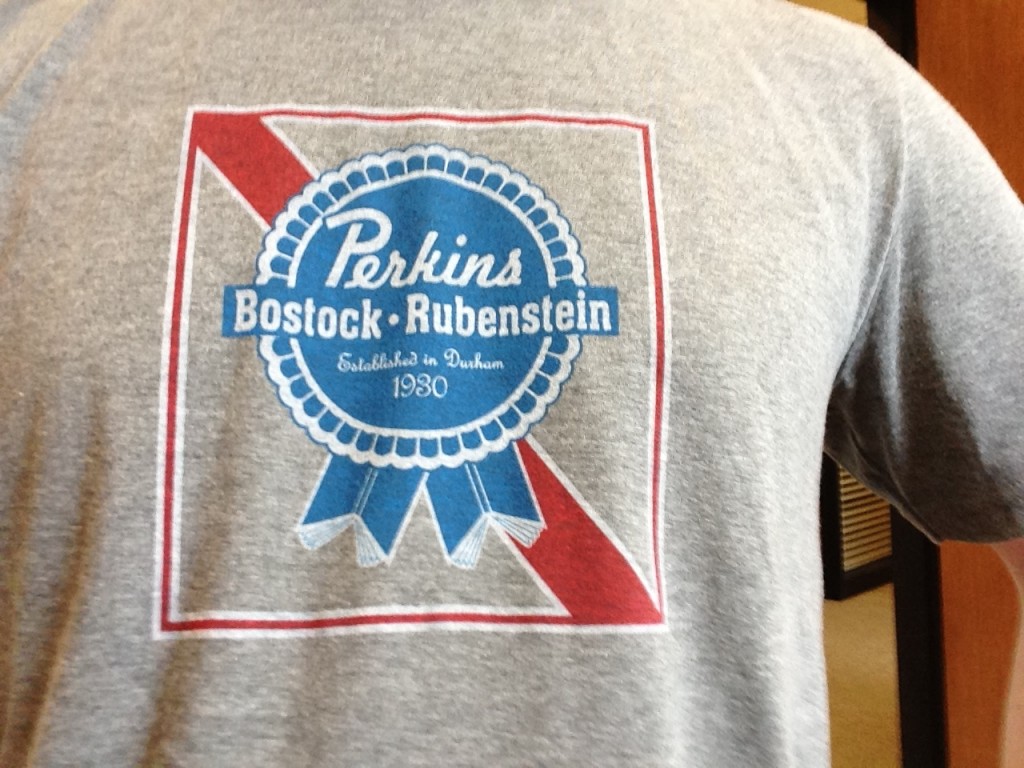
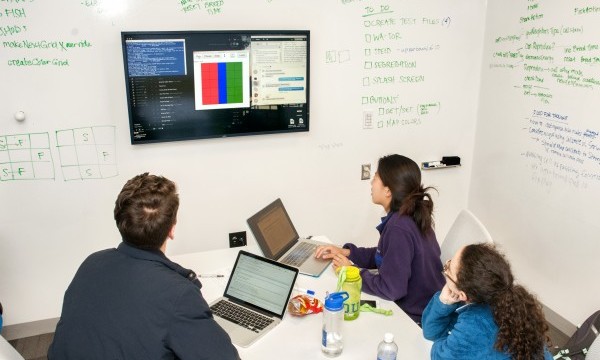




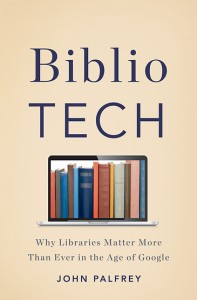 Join the Duke University Libraries as we celebrate the opening of the
Join the Duke University Libraries as we celebrate the opening of the 




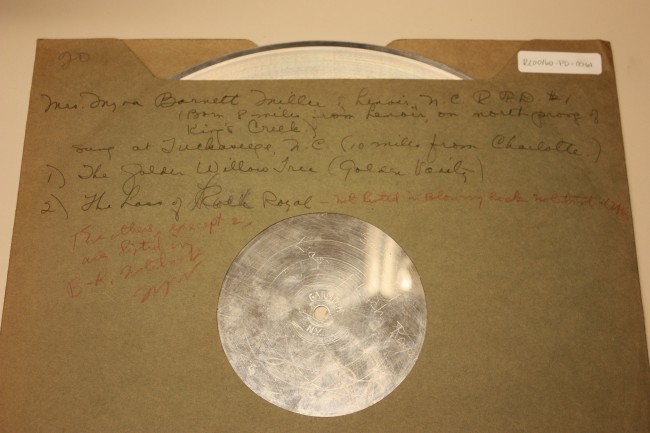
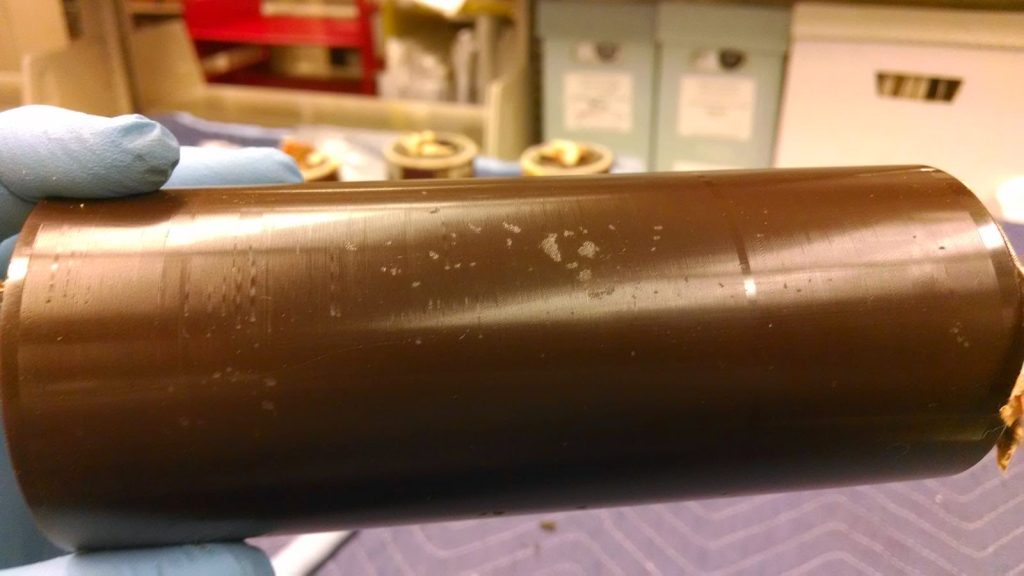


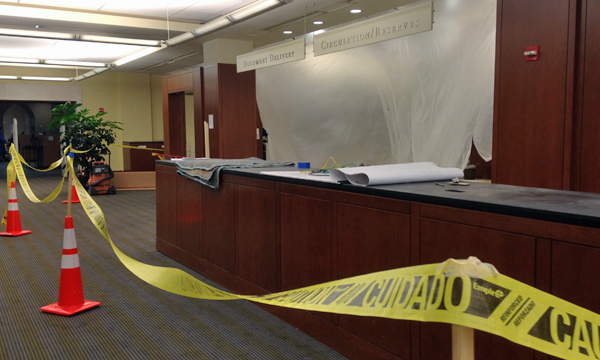



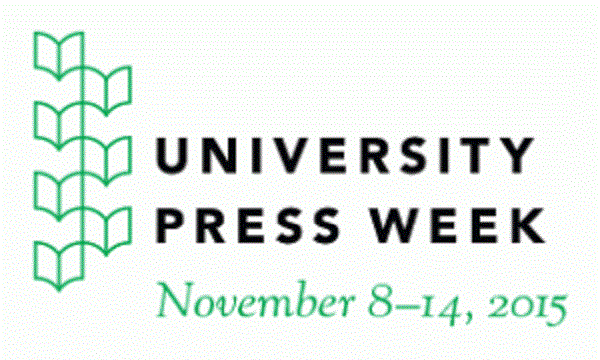
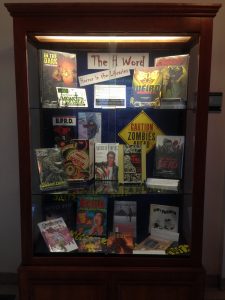
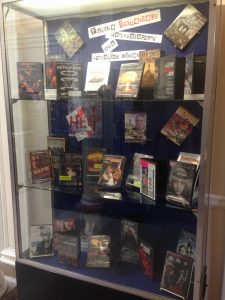


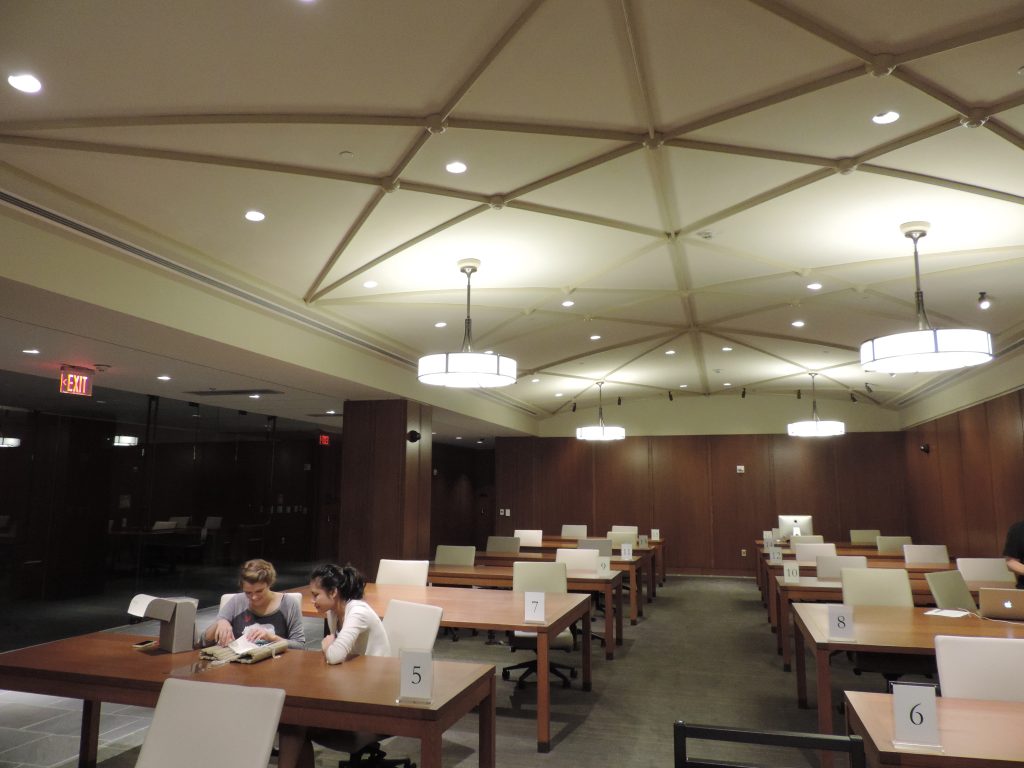
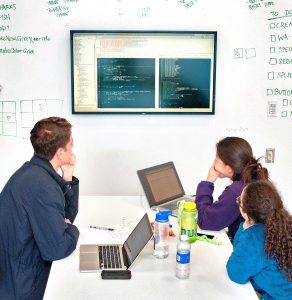
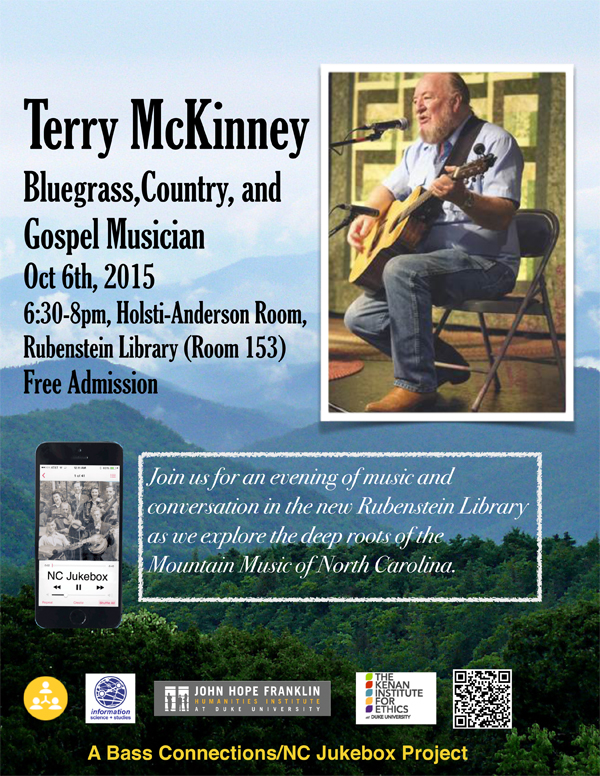

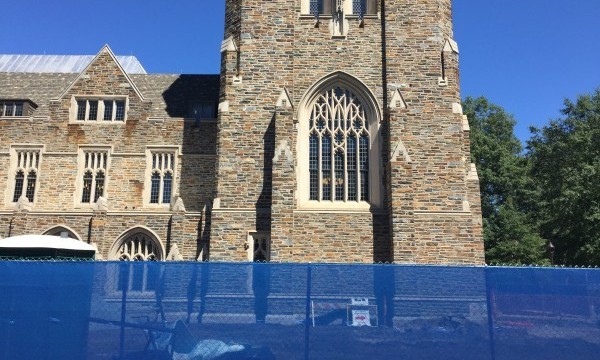
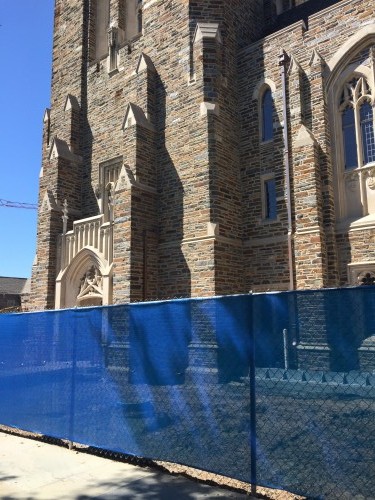






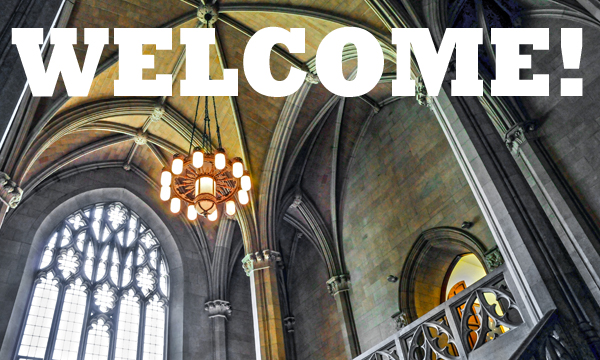






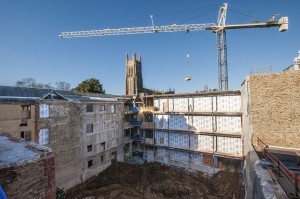






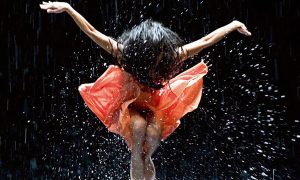



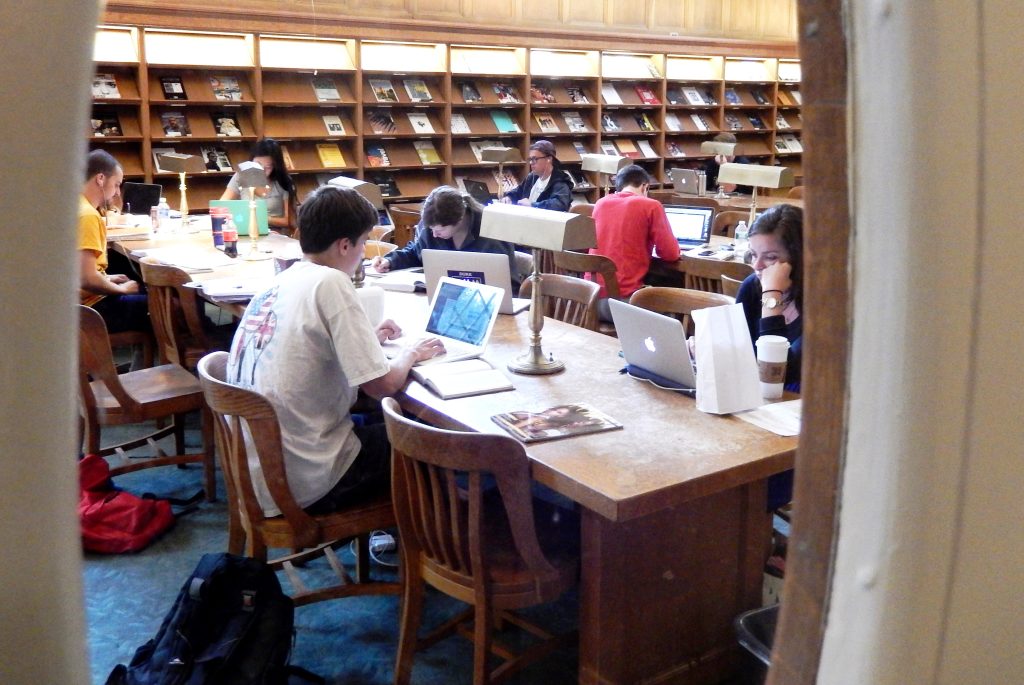







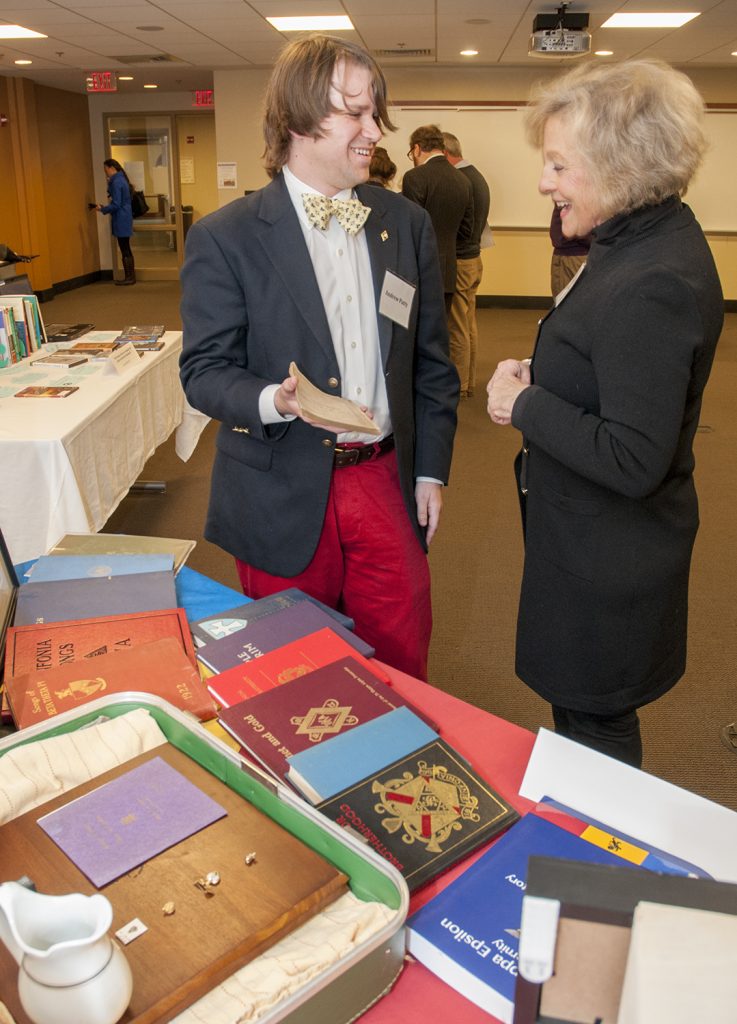

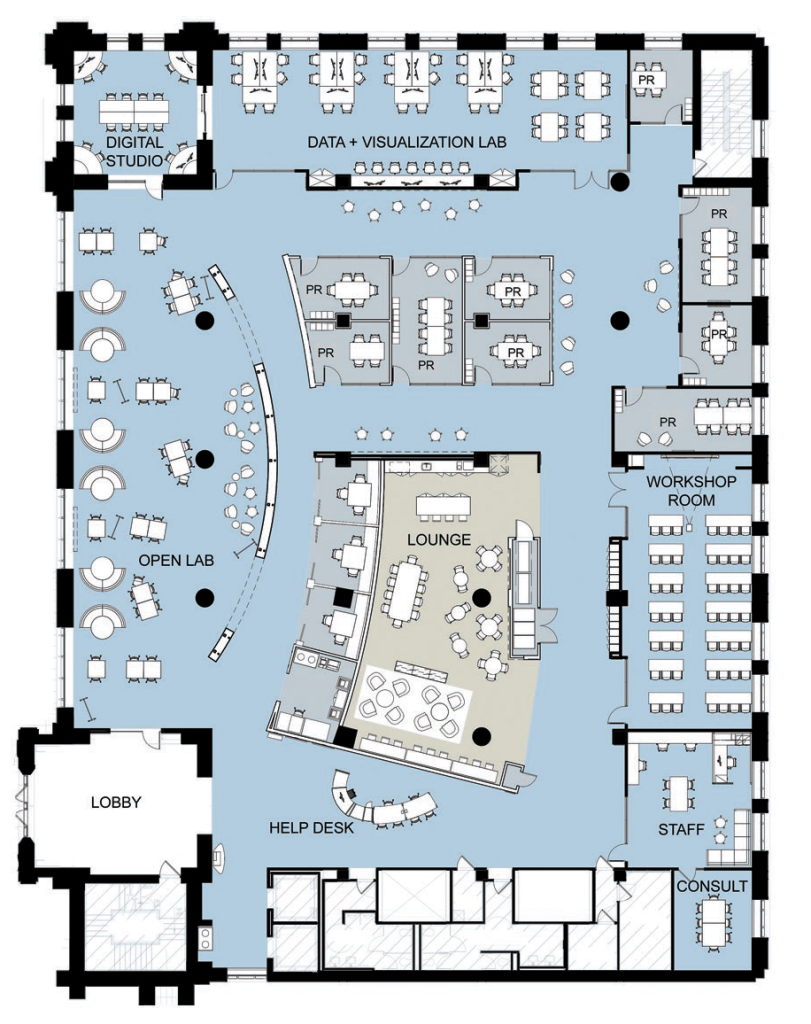














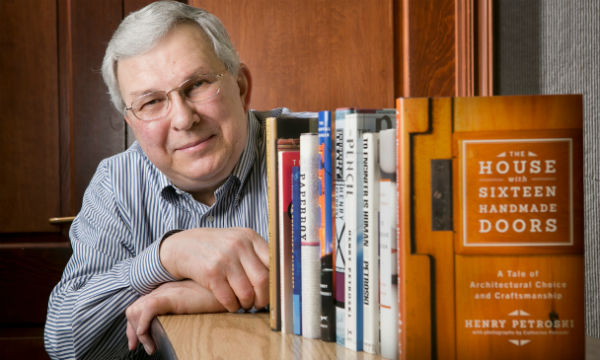

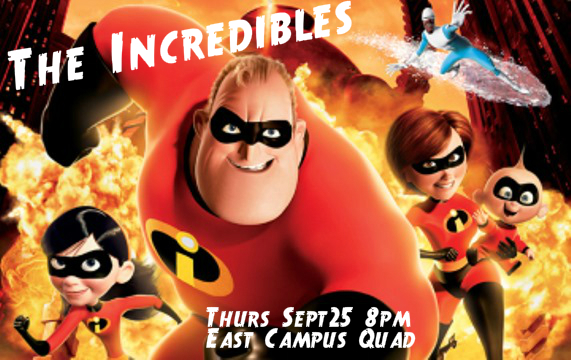




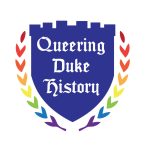 On exhibit August 14 – December 14, 2014
On exhibit August 14 – December 14, 2014



